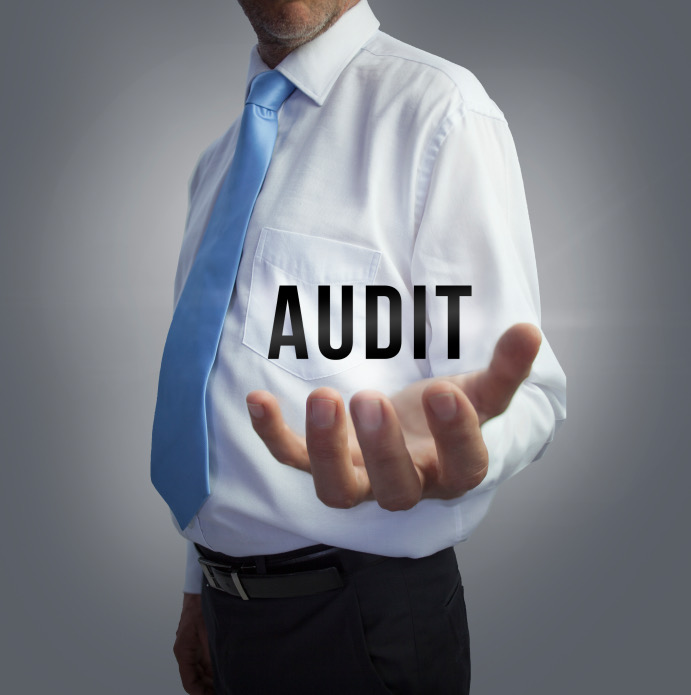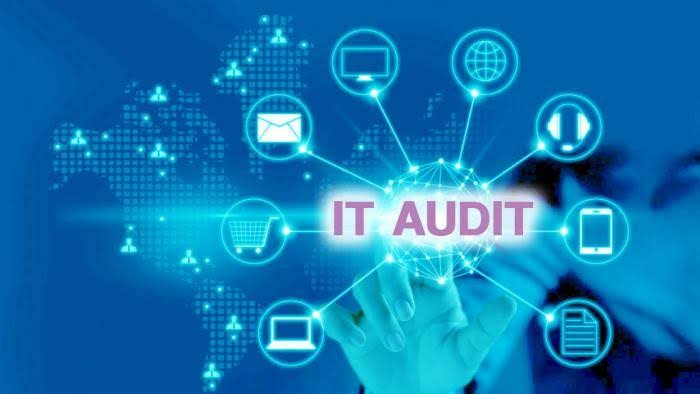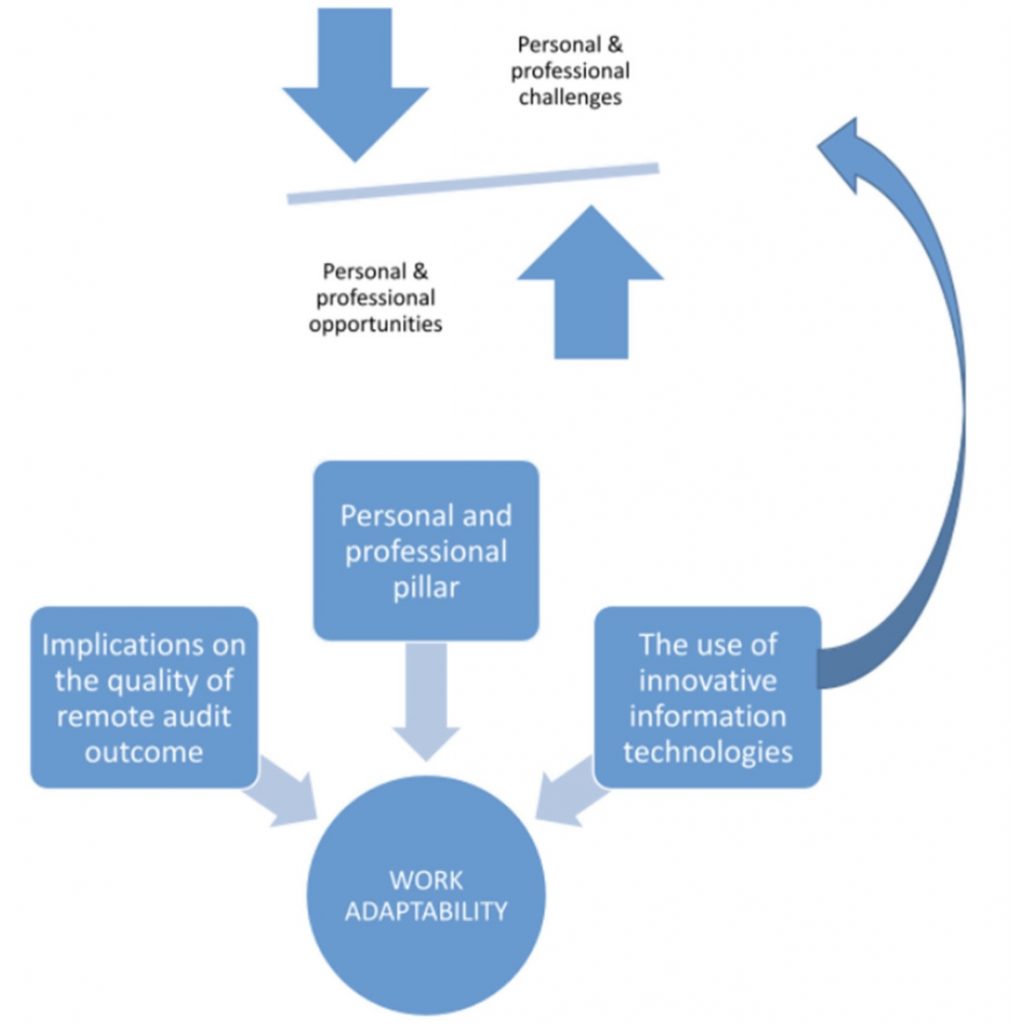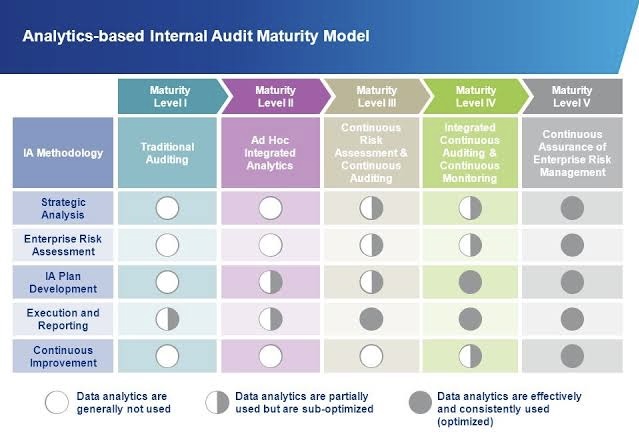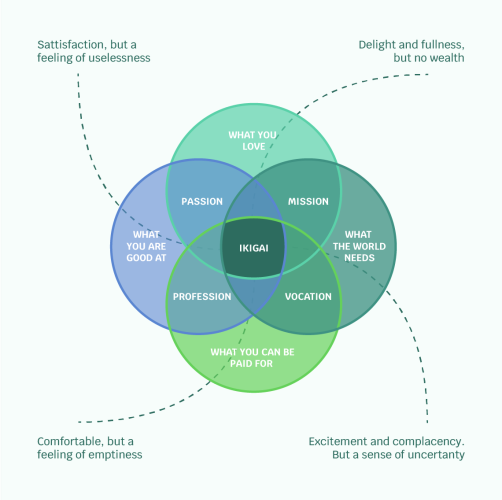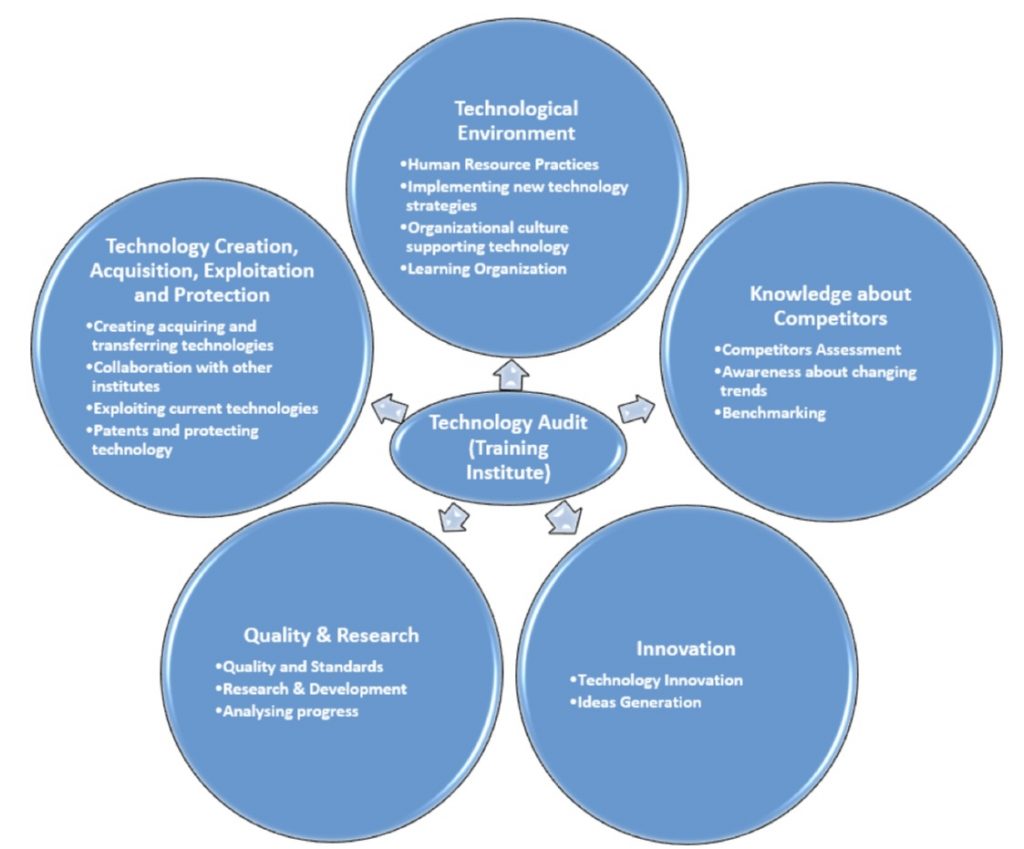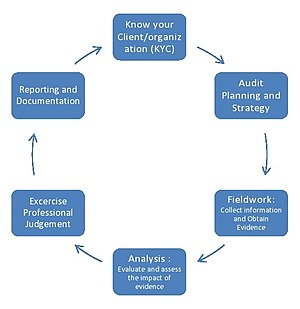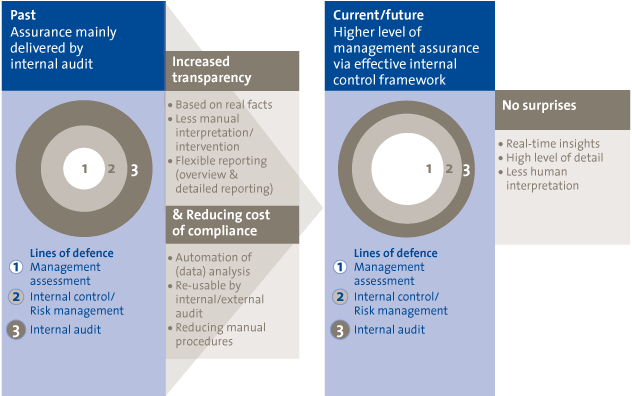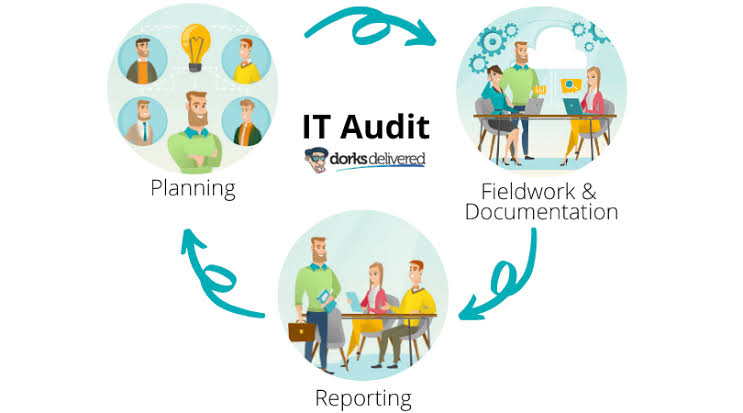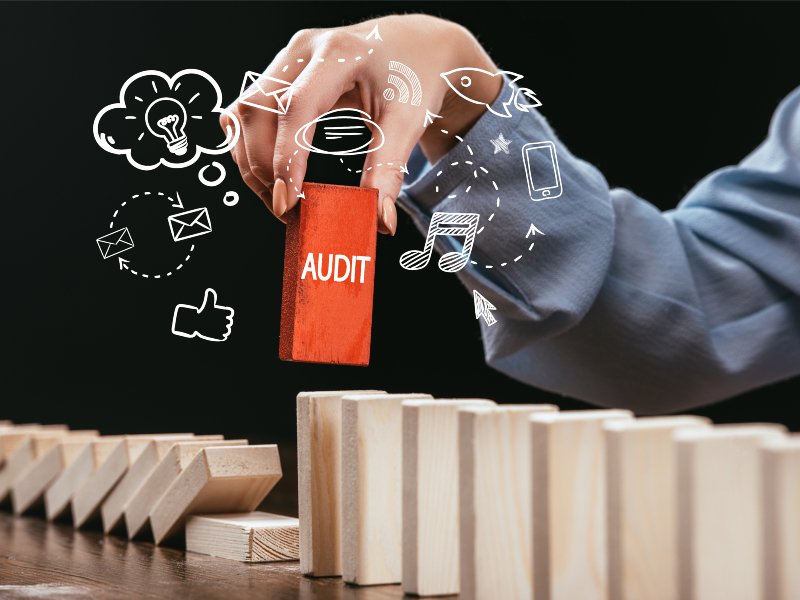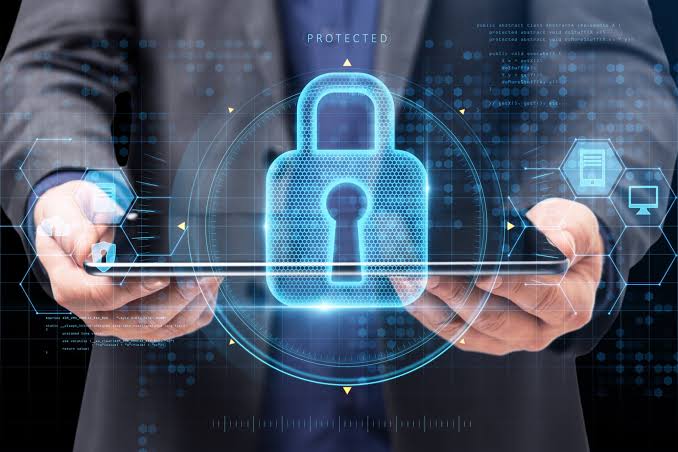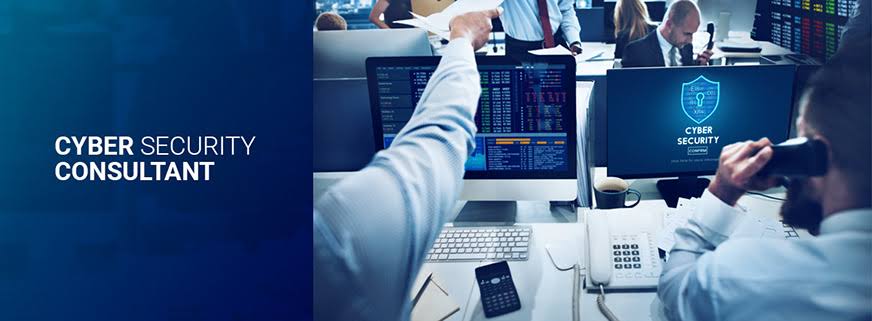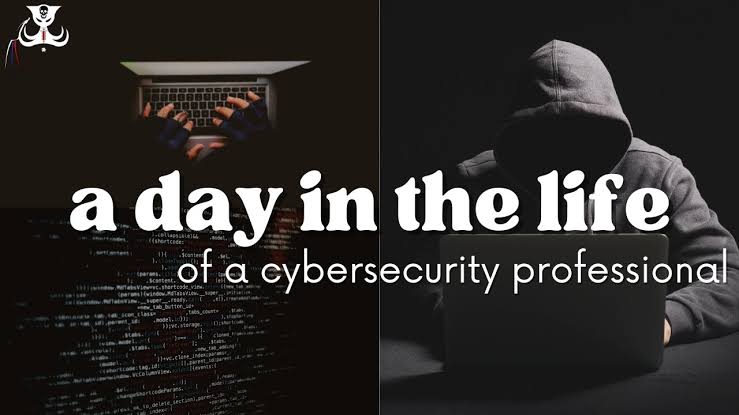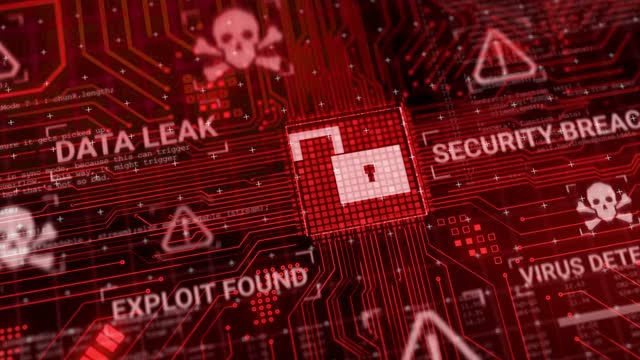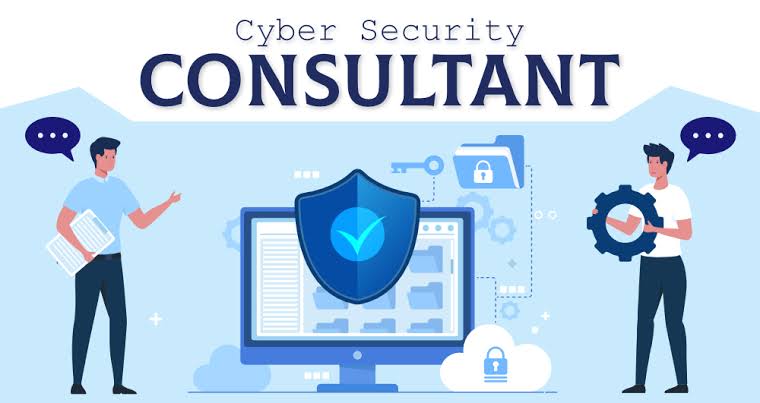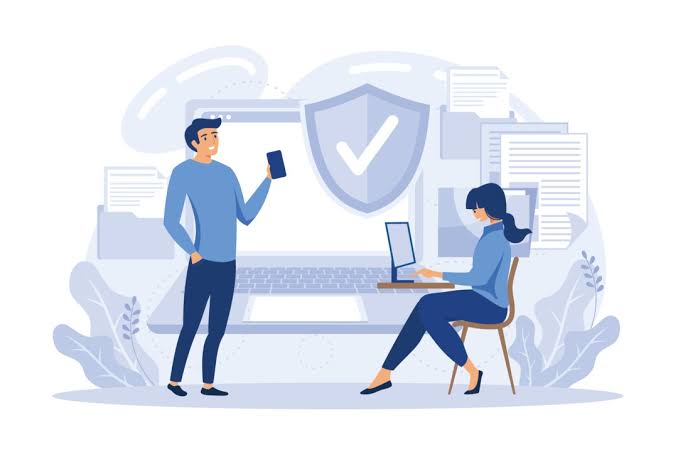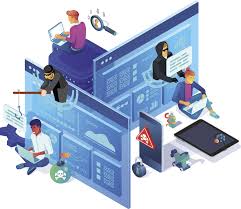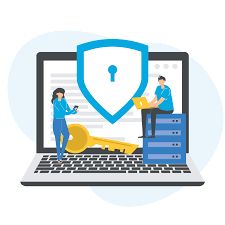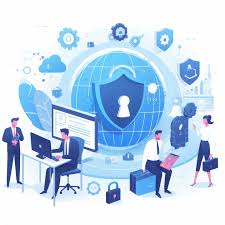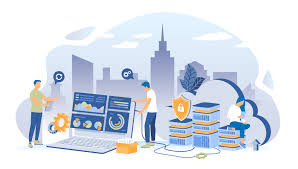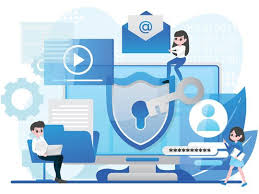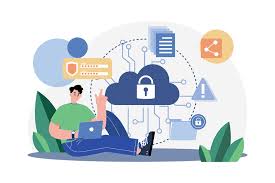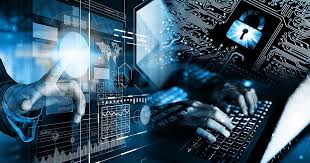
A Day in the Life of an Agile CEO: Embracing Flexibility and Fostering Innovation
In the fast-paced world of technology and business, the role of a Chief Executive Officer (CEO) is ever-evolving. The concept of agile management has transcended its software development roots, becoming integral to various business sectors.
An agile CEO differs from traditional corporate leaders in several ways, primarily in their flexibility, focus on people, rapid decision-making capabilities, and steadfast customer focus. Here’s an inside look at a typical day in the life of an agile CEO.
i. The Agile Mindset

An Agile CEO isn’t just about attending meetings. It’s about a mindset that prioritizes:
o Flexibility: Being ready to adapt to changes and new information.
o Transparency: Open communication and information sharing across the organization.
o Continuous Improvement: Always seeking ways to learn, improve, and deliver more value.
ii. Morning Rituals:

o Strategy and Synthesis
An Agile CEO’s day typically begins with a focus on personal well-being and mental clarity. Whether it’s through meditation, exercise, or a nutritious breakfast, starting the day on the right note sets the tone for productivity and resilience.
iii. Scanning the Environment:

With the morning routine complete, the Agile CEO dives into a comprehensive scan of the business landscape. This involves reviewing key performance metrics, market trends, and competitor activities. Staying informed about industry developments is crucial for making informed decisions and seizing opportunities.
iv. Agile Stand-up Meetings:

Unlike traditional hierarchical structures, Agile CEOs embrace flat organizational frameworks and foster a culture of collaboration. Daily stand-up meetings with cross-functional teams are a cornerstone of this approach. These brief, focused gatherings allow for quick updates, problem-solving, and alignment on priorities.
v. Adaptive Decision-Making:

In the fast-paced world of business, decisions cannot afford to be delayed. Agile CEOs are adept at making rapid, data-driven decisions, often relying on feedback loops and experimentation to course-correct as needed. This nimble approach enables them to capitalize on emerging opportunities and navigate unforeseen challenges with confidence.
vi. Empowering Teams:

An Agile CEO understands the importance of empowering their team members to take ownership and initiative. By fostering a culture of autonomy and trust, they unleash the full potential of their workforce, resulting in greater innovation and resilience.
vii. Continuous Learning:

In an ever-evolving business landscape, complacency is the enemy of progress. Agile CEOs are committed to continuous learning and self-improvement. Whether through reading, networking, or attending industry conferences, they stay abreast of the latest developments and best practices, ensuring that their leadership remains effective and relevant.
viii. Flexibility and Adaptability:

One of the defining characteristics of Agile leadership is flexibility. Plans are seen as guidelines rather than rigid prescriptions, and the Agile CEO is always ready to pivot in response to new information or changing circumstances. This adaptability enables them to stay ahead of the curve and drive sustainable growth in the face of uncertainty.
ix. Reflection and Feedback:

At the end of the day, the Agile CEO takes time to reflect on the day’s events and gather feedback from their team. This reflective practice allows them to identify areas for improvement and make adjustments as necessary, ensuring that they continue to evolve and refine their leadership approach over time.
x. Continuous Learning

Continuous learning is part of the agile CEO’s lifestyle. Evenings may include reading, an online course, or informal discussions with peers outside their industry to gain different perspectives and insights.
xi. Final Thoughts

A day in the life of an agile CEO is marked by a deliberate balance between strategic thinking, team empowerment, operational excellence, and personal wellbeing.
Through a relentless commitment to agility, focus, and people, the agile CEO navigates the complexities of modern business with a dynamic approach. They exemplify leadership that adapts, understands, and innovates, promoting a culture of continuous improvement and responsiveness.
This leadership style is not only about managing a company but also about inspiring a movement towards sustainable, adaptable growth.
xii. Further references
Harvard Business Reviewhttps://hbr.org › 2016/05 › embraci…Embracing Agile
Bain & Companyhttps://www.bain.com › insightsA Day in the Life of an Agile CEO
Betterworkshttps://www.betterworks.com › wh…What Is Agile Leadership, and Why Does It Matter?
FasterCapitalhttps://fastercapital.com › topicsEmbracing Flexibility And Adaptability In Leadership

